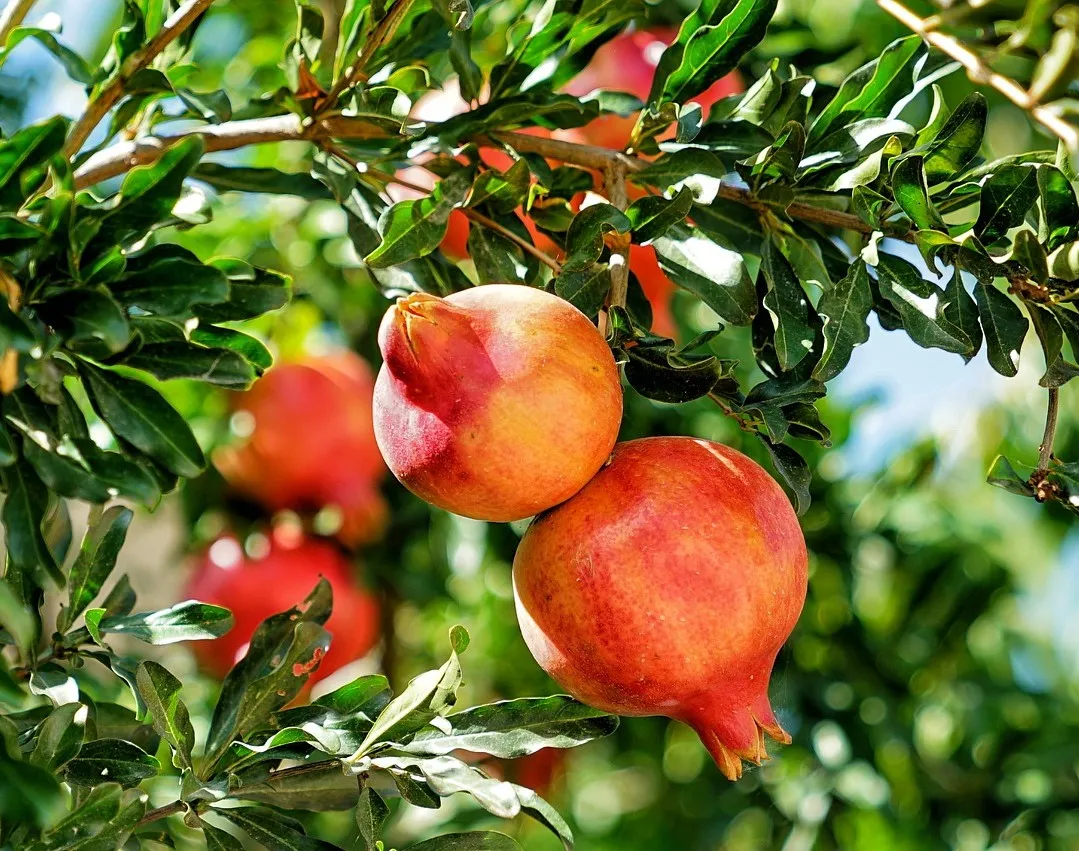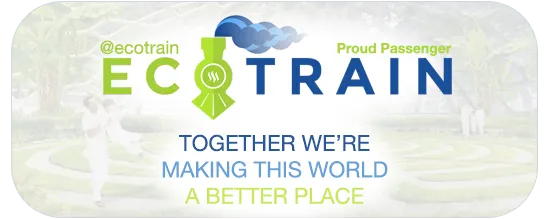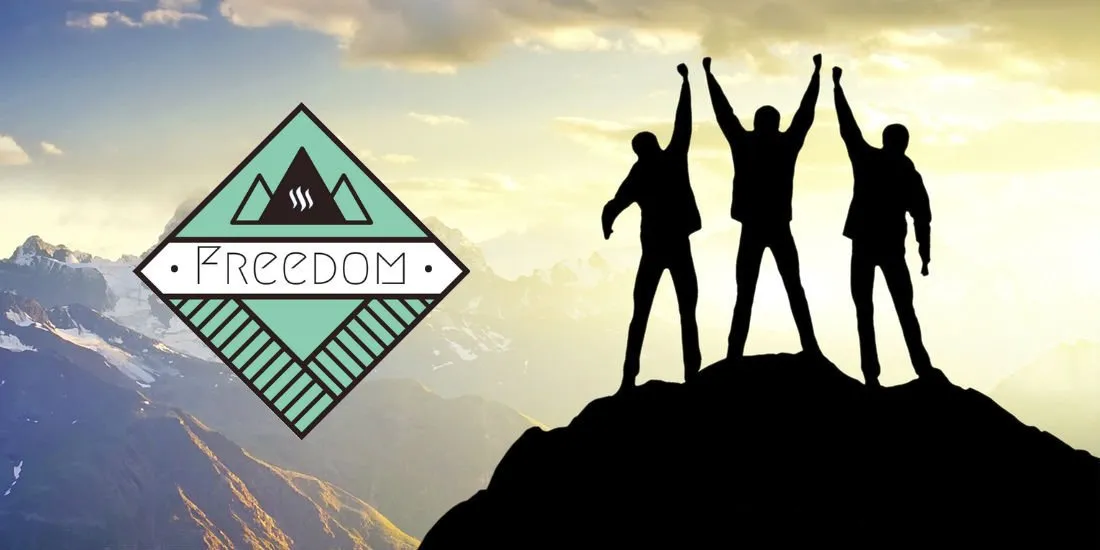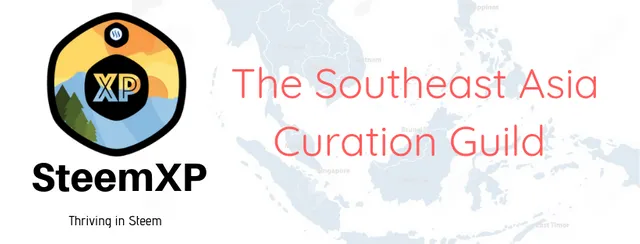The disconnect between what we eat and how it grew is perhaps the single most contributing factor to today's global environmental mess. If we really grasped how our food arrives at our table, how hard it is to grow and how easily manipulated we can be as consumers, we would buy differently and the world, the environment and our bodies would be so very much healthier.
I was watching my 14 year old daughter make a fruit super-breakfast-smoothie a few weeks ago when I had my Aha!! moment. She peeled, sliced, chopped and then, without a thought, threw the pits, seeds and skins into our compost bin. Which I, as the only other resident in our house, empty (and I do that only due to the current snake risk in our untamed backyard). For her, it was a mechanical act and there was no practical difference between dropping it into a rubbish bin or the compost, only the first option gets a glare of disapproval and an eye-rolling lecture, so she has been trained to go with the compost bin option. I realized my parenting needs to shift up a level.
And so we have started together the mindful practice of enjoying a great piece of fruit, and collecting some seeds. Great mangosteen? After we've washed our sticky hands, I ask her to put aside a dozen or so seeds on a small saucer to dry out. For planting.
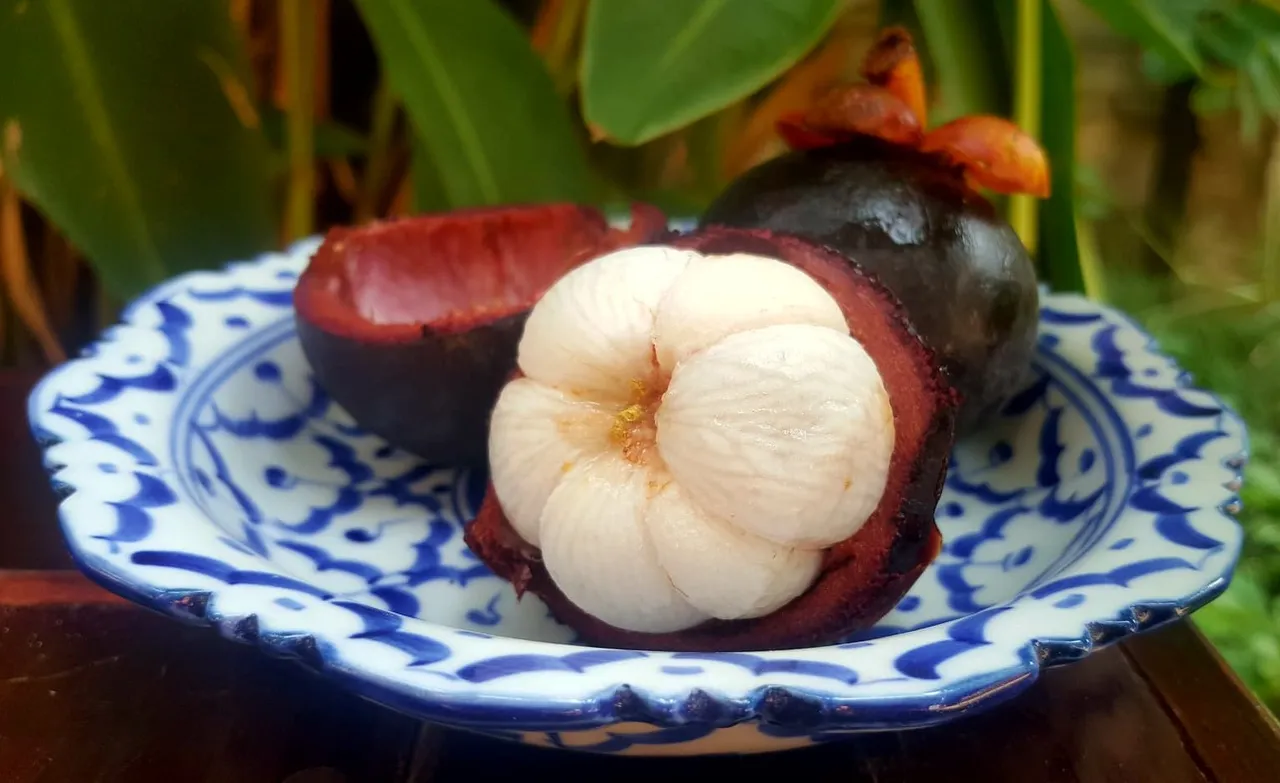
Wonderful salee (Asian pear)? We choose a few unblemished, undamaged seeds to plant. She is learning (without having been prompted!) to cut the fruit in such a way as not to slice into the pits & seeds.
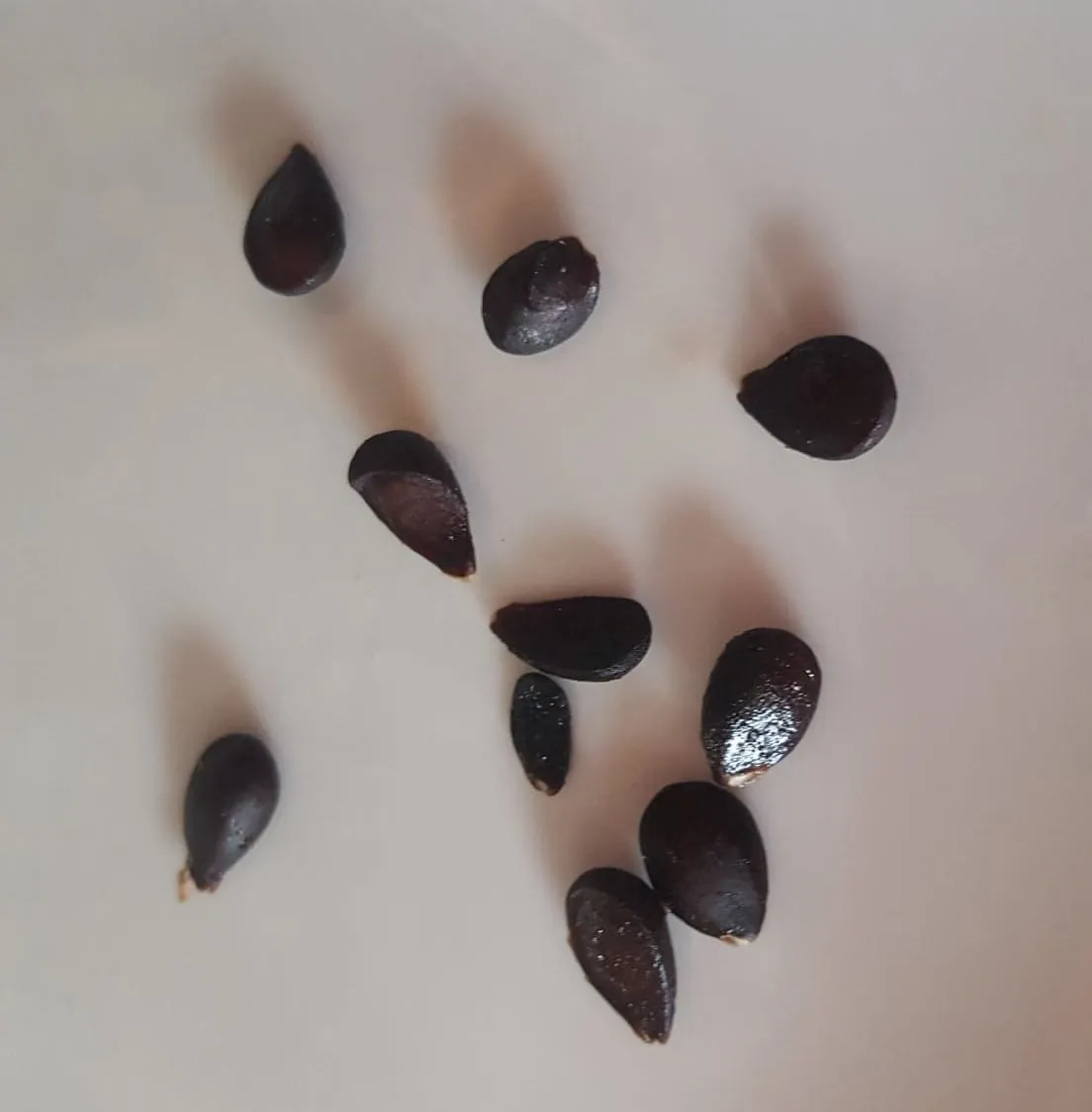
There is much talk online about food forests and even of people aiming to plant a million trees. But I don't personally see the organic fruit tree nurseries, the seed collection, the pots, the soil or the regular watering. I don't even see many people with that much space to manage a few hundred fruit tree seedlings. Generally, when urban people go to these "community tree planting" events, someone BUYS the 500 or the 1,000 trees from an anonymous mass-producing nursery, the volunteer planters don't have to come back and water, nor do they worry about compost or soil acidity or moisture retention. And so the disconnect continues.
We actually use very few toilet tissue rolls in our house, but now, instead of just putting them in with all the other paper recycling, we horde the empty rolls as superb seedling pots.
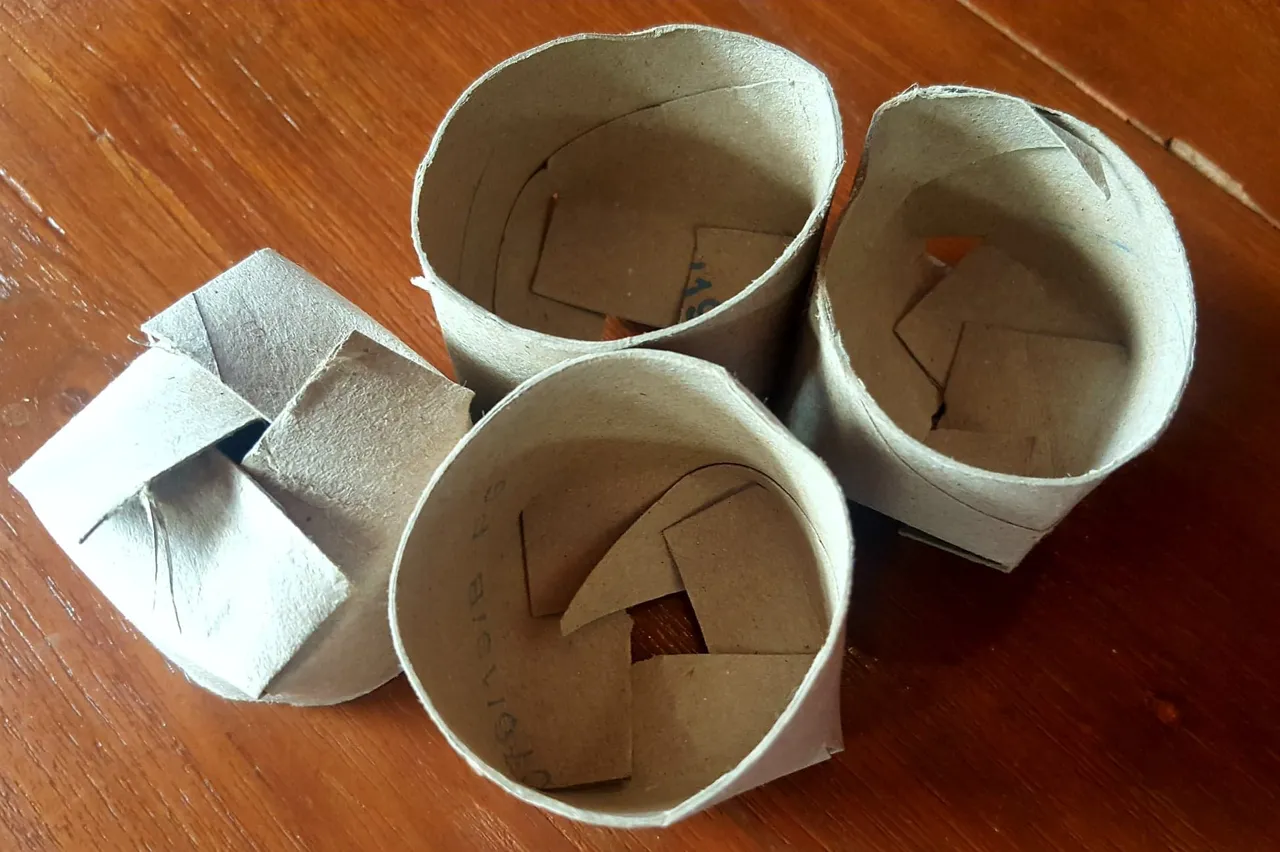
And we're seeing a whole lot more of this:
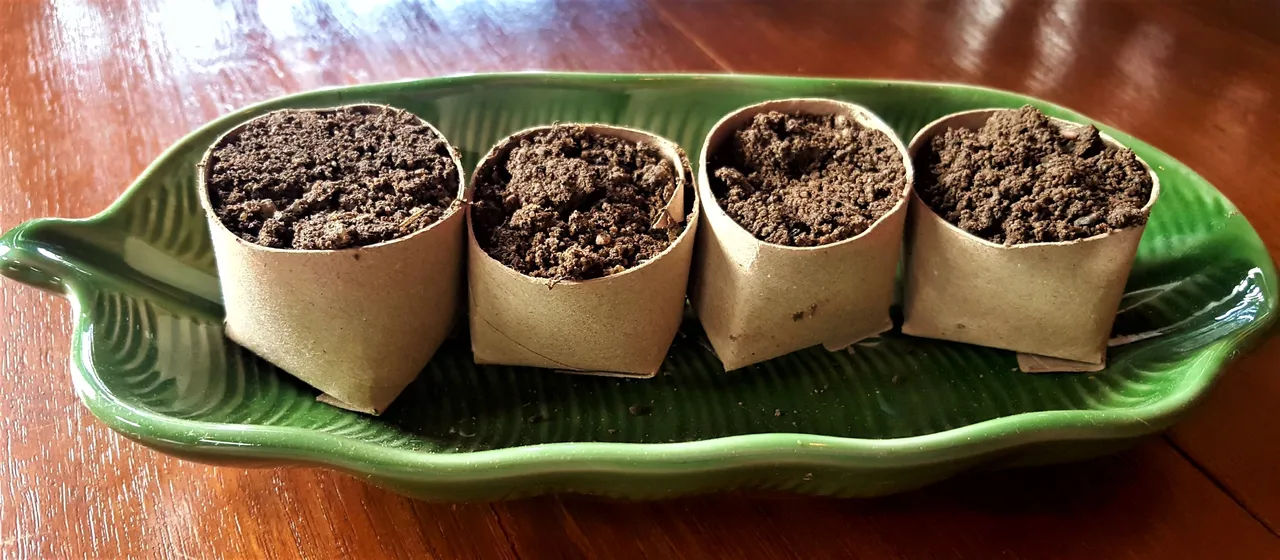
And this:
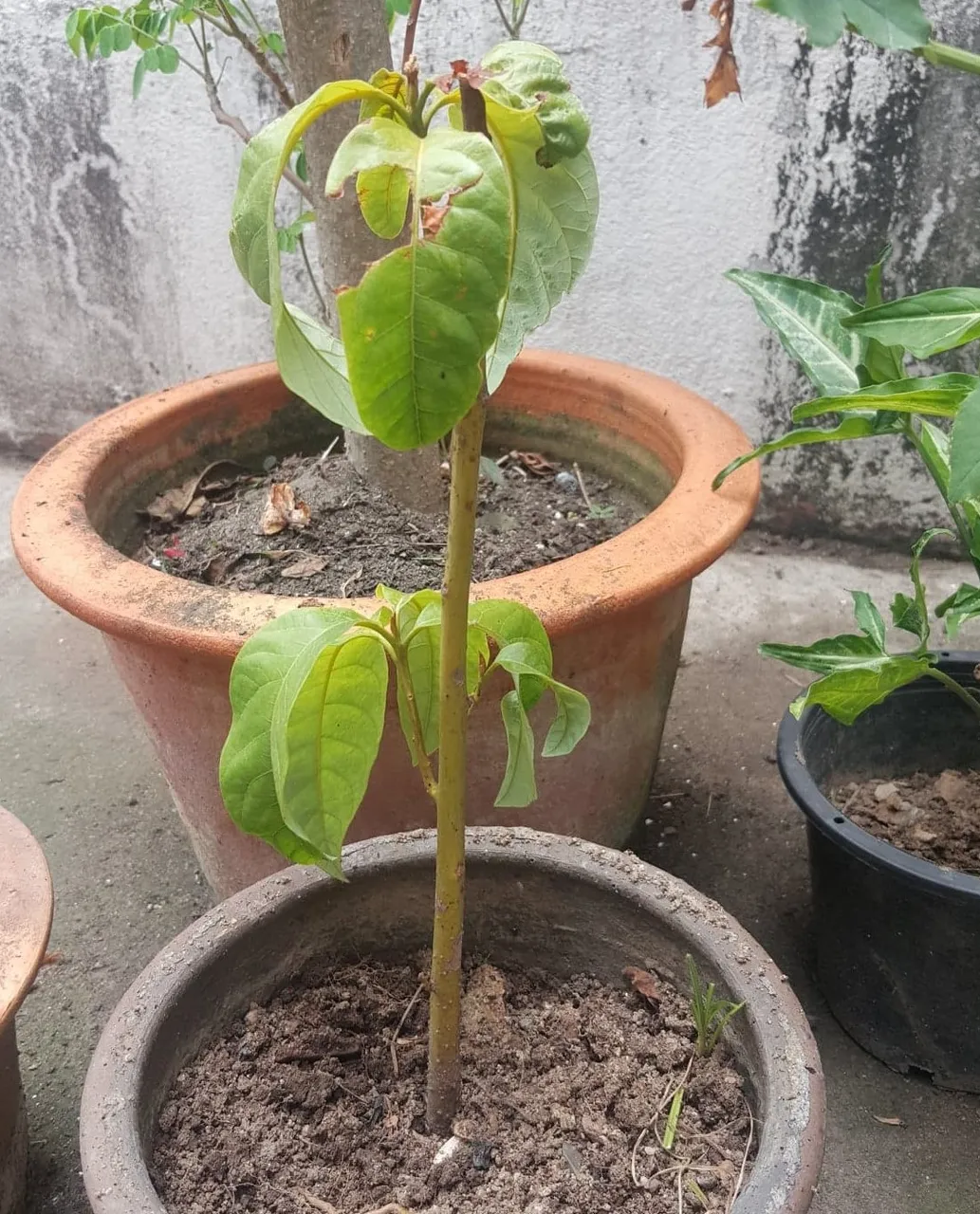
in our kitchen, on our widow sills, on our porch, our table and scattered around our house. Sometimes, the seeds don't germinate or they die, sometimes we forget to water them and sometimes, the simple JOY of a new leaf or a sprout above the soil changes and brightens our whole day.
We don't currently have enough land to even plant 2 of these young trees, let alone a dozen. Sometimes, when I'm watering and my daughter sits watching with her tea, I tell her that in 10 years times, the avocados will be creating an income for someone who is eager enough to pick them and take them to a westernized hotel to sell. One day the mangosteens will feed half a village. And our Asian pear tree will blossom beautifully in a small mountain village somewhere, before raining her fruit on people who will feel blessed.
Maybe only 3 of our 50 seedlings will survive. Or maybe 30 will. When they're a meter (3 feet) tall or more, we will gift them to our Thai village and indigenous Karen friends. Meanwhile, my daughter will be One. One mindful person who understands the connect between a seed and a bag of fruit, and the heartaches - and joy! - that can lay between. She will tell stories when she's an old lady of the struggle for biodiversity in the early 2000s and how mindfulness, seed saving and learning to grow food made it possible for communities to survive.
How do we collectively save ourselves from this global environmental disaster? By teaching, living and showing ONE PERSON how to be mindful, how to enjoy their organic food, how to save, nourish and plant a seed, and how to tend a small tree until it can feed others.
This is the work. Our work. Which changes lives in refugee communities struggling with food security, and which will save the lives of people sick from the chemicals we collectively poison ourselves with.
Organic. Sustainable. Better parenting. One day, and one seed, at a time. Mindfully
